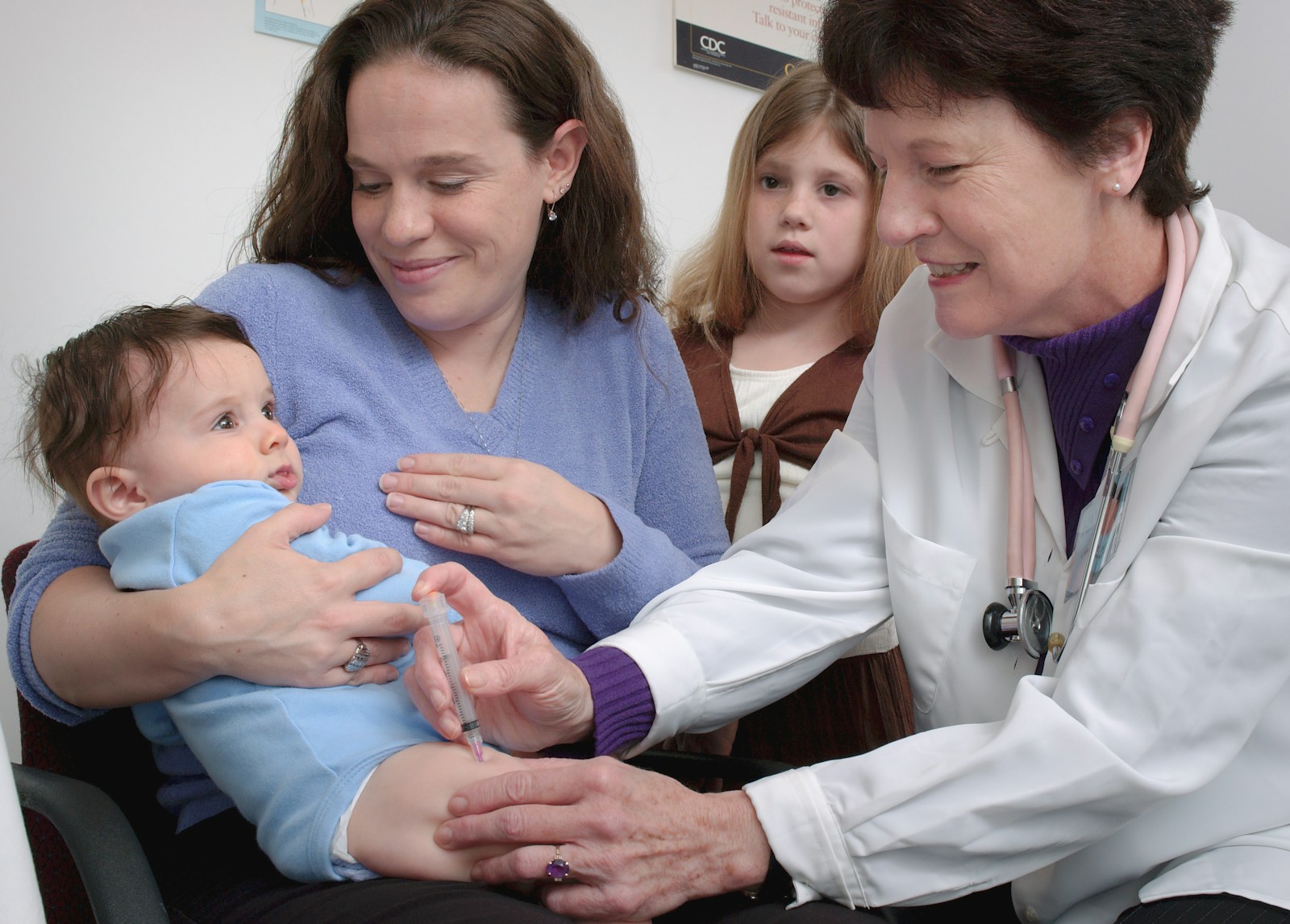Child specialists are those who have devoted more time in their professional practice to the diseases of children up to and includable teenagers. Subspecialists in this field identify, manage and prevent the diseases affecting youthful individuals and attend to their physical, emotional and developmental health concerns. The expertise of a pediatrician guarantees the childhood health since it handles children medical needs from infancy to adulthood.
Resume Description for This Job
While writing a resume for the offer of a pediatrician, educators, certifications, clinical practice and caring abilities should come first. Focus on the skills to interact with children and their families, distinguishing features grounded in diagnostic abilities, and commitment to incidental prevention.
Sample Resume Description:
“Compassionate and skilled pediatrician with 5+ years of experience providing comprehensive care to children from infancy through adolescence. Proficient in diagnosing pediatric illnesses, managing acute and chronic conditions, and fostering positive relationships with families to ensure the holistic health of patients.”
Key Skills to Include:
- Expertise in diagnosing and treating pediatric conditions.
- Strong communication and interpersonal abilities.
- Knowledge of developmental milestones and childhood vaccinations.
- Team collaboration with nurses and specialists.
- Empathy and patience in managing young patients and concerned families.
Feel free to adjust details to better match your experience!
Salary (Based Range in USA)
Pediatrician salaries vary based on factors such as location, years of experience, and type of practice.
- Entry-Level Pediatricians: $140,000 – $180,000 annually.
- Mid-Career Pediatricians: $180,000 – $220,000 annually.
- Experienced Pediatricians: $220,000 – $280,000 annually.
Pediatricians in private practice or high-demand areas, such as urban centers, may earn more. Additionally, sub-specialized pediatricians, such as pediatric cardiologists or neurologists, often command higher salaries.
Responsibilities

The role of a pediatrician is diverse, focusing on both preventive and diagnostic care for children. It involves regular check-ups, addressing acute illnesses, and supporting the overall health of young patients.
Primary Responsibilities:
- Diagnosing and Treating Illnesses: Evaluate symptoms, order diagnostic tests, and create treatment plans for conditions ranging from infections to chronic diseases.
- Preventive Care: Conduct routine check-ups, administer vaccinations, and monitor growth and developmental milestones.
- Patient Education: Guide families on nutrition, hygiene, and preventive measures to promote overall well-being.
- Referrals: Collaborate with pediatric specialists when advanced care is needed for specific medical conditions.
Additional Responsibilities:
- Manage and document patient medical histories.
- Address behavioral and developmental concerns.
- Provide emergency care for acute conditions.
- Support families through chronic or terminal illnesses.
Qualifications
Becoming a pediatrician requires extensive education, training, and dedication to the medical field.
Educational Requirements:
- Bachelor’s degree (pre-medical studies recommended).
- Medical degree (M.D. or D.O.) from an accredited medical school.
- Pediatric residency program (3 years).
Certifications:
- Board certification in pediatrics through the American Board of Pediatrics (ABP).
- State medical license to practice.
Key Skills and Attributes:
- Comprehensive knowledge of pediatric medicine.
- Ability to communicate effectively with children and parents.
- Patience and empathy for young patients and their families.
- Strong decision-making and problem-solving skills.
- Commitment to staying updated on medical advancements.
FAQs
Q1: What is the about the work of a pediatrician?
A pediatrician is a doctor of medicine specialized in the physical, psychological, and social well-being of persons from birth to young adulthood.
Q2: How long does it take to become a doctor of pediatrician?
Normal training can be described as taking about 11-15 years, comprising of four years of undergraduate studies, four years of medical school, three years of pediatric residency, with more time taken in case he or she is specializing.
Q3: Are pediatricians employed only in clinics?
No, pediatricians practice in many different areas such as general hospitals, private practice, community health centers, and universities.
Q4: What are the divisions of pediatrics?
Some of the subspecialties are pediatrics cardiology, oncology, neurology, endocrinology and neonatology to mention but a few.
Q5: What on earth is the difference between a pediatrician and a family doctor?
Both of them are work with children but all the pediatricians work only with children while family doctors care about people of all ages.
Conclusion
Children need pediatricians to help them gain and maintain good health as they grow up. This means young patients have all the best that can be offered to them during some of the most sensitive stages in human development. Being healers with an interest in disease prevention and health promotion as well as disease treatment, pediatricians have an important role in directing better future of the children and their families. If you want to work with children or have particular interest in child healthcare, then becoming a pediatrician can be fulfilling job.
